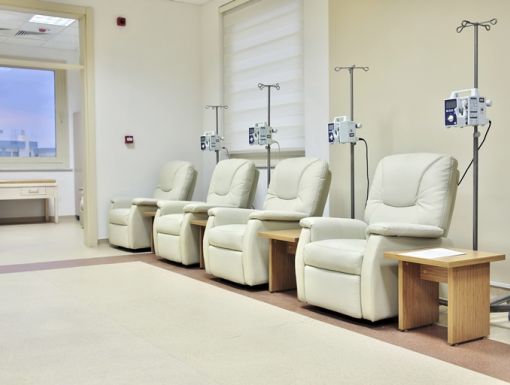
Strategies for Caregivers of Patients with Cancer
Watching a loved one receive a diagnosis of cancer and go through treatment is a difficult experience. When a family member or close friend is battling cancer, the emotional stress on the caregiver can be like what the patient is experiencing. In fact, this often results when caregivers place their own needs on hold and then put all their energy into caring for their loved one, often forgetting to take proper care of themselves.
What defines a caregiver is that they are the primary individual responsible for taking care of their loved one who is sick. Typically, this means the caregiver is a spouse, parent, partner, adult child or close friend. A caregiver can embody many roles depending on the stage of treatment or condition of their loved one. They can be a means of emotional and physical support, transportation, a collaborator with the healthcare team, a personal chef, financial manager and schedule manager. While other people may fill in from time to time, the caregiver is generally a part of decision-making and provides support in the outpatient setting, at the hospital and at home. Therefore, acting as a caregiver can take a toll on an individual, who themselves may need of support or a supportive figure to lean on.
Acting as a caregiver can be quite demanding. Though you are doing the best that you can with what you have, you may at times find yourself overwhelmed by your responsibilities to your loved one. The caregiver paradox is that to take care of others, you must look after yourself.
Below are a few strategies that may help caregivers navigate cancer diagnosis and treatment:
Take care of your physical and mental health. As much as possible, remember to contribute to your own well-being. Do your best to take breaks, do things that you enjoy, exercise and maintain a healthy diet. It may feel selfish to take time for yourself; however, by maintaining your well-being, you will be better able to contribute to your loved one’s care.
Seek social support. As a caregiver, you may experience increased demands on your time and abilities. Just like your friend or family member who is battling cancer, you might also benefit from some social support. Spending time with friends and family will aid you in maintaining your relationships, as well as provide you with a sense of support and maybe another set of helpful hands.
Open communication. The patient-caregiver relationship is interdependent and is essential to coping with the demands of cancer diagnosis and treatment. It is important to communicate as honestly and openly as you can with your family member or friend. Better communication typically helps both the patient and caregiver feel supported by one another, grow closer and facilitate treatment.
It’s okay to ask for help. Do not hesitate to ask for help when you need it. Friends, other family members and your loved one’s healthcare team are all groups you can turn to for advice, support, resources or comfort. Furthermore, our mental health providers in the cancer center regularly assist family members and friends with their caregiver-specific emotional and support needs, just ask your loved one’s provider for their information.
Ultimately, caregivers should know that the best thing they can do to support their friend or family member’s care is to support their own well-being. Taking small steps to contribute to your own physical and psychological health will go a long way to supporting you as you support your loved one.
Learn more about cancer care at Ochsner.
Editor's note: This article was originally published on Oct. 1, 2019.



